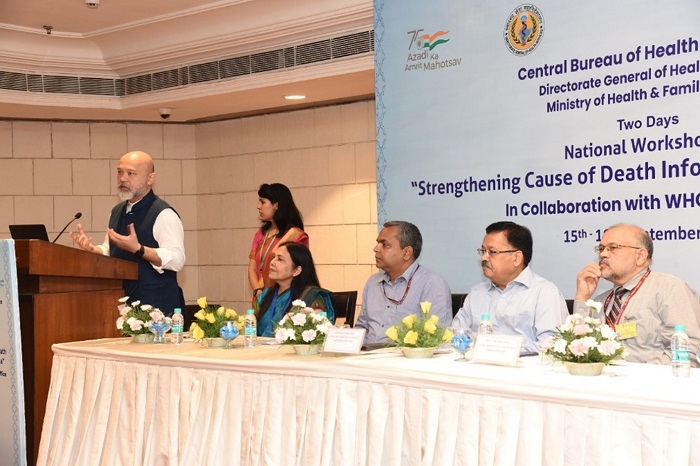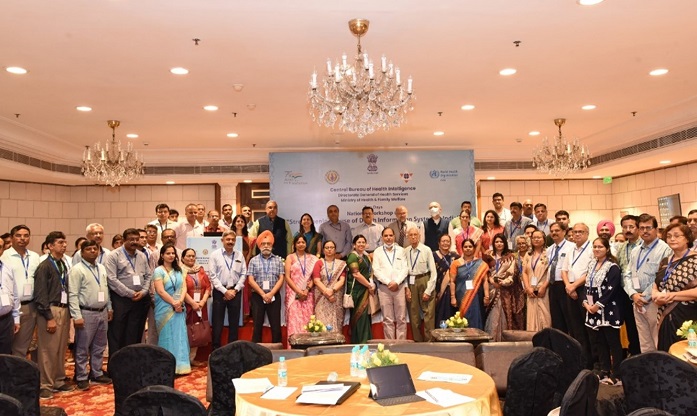NEW DELHI: In most countries, certification for cause of death serve dual purposes — at the level of an individual, they serve as a legal record and may be significant in insurance and inheritance related matters. At the country level, measuring how many people die each year (mortality data), forms the cornerstone of national health information systems.
Ascertaining cause of death is essential for evidence-based decision making, monitoring the health of populations, health services planning and delivery, policy development and programme implementation, epidemiological research and effectively responding to public health emergencies. These also help monitor a country’s progress on Sustainable Development Goals (SDGs).
India has made significant progress towards improving mortality information system, with death registration improving from 66% in 2011 to 92% in 2019. The standard for determining cause of death is medical certification by a physician familiar with the case and trained in the certification rules and procedures of the WHO International Statistical Classification of Diseases and Related Health Problems (ICD).
Strengthening and sustaining an effective Civil Registration and Vital Statistics (CRVS) system ensures timely availability of reliable information of cause of death (CoD). The Ministry of Health and Family Welfare (MoHFW) collaborated with WHO Country Office for India (WHO India) to conduct a two-day workshop from 15 to 16 September 2022 on strengthening cause of death information systems in India. This multistakeholder collaboration was led by the Government of India’s Ministry of Health and Family Welfare (MoHFW), Office of the Registrar General of India, Ministry of Home Affairs, Central Bureau of Health Intelligence (CBHI), Indian Council of Medical Research’s National Centre for Disease Informatics and Research (ICMR-NCDIR).
Mr Rajesh Bhushan, Secretary, MoHFW in his address urged participants who included senior officials and experts from government institutions and medical colleges across the country to work proactively on bridging the gaps and strengthen mortality information system.

Left to right: WHO Representative to India Dr Roderico H. Ofrin, DDG and Director CBHI Dr Madhu Raikwar, Additional Registrar General of India Mr Sanjeev Kumar, Secretary-MOHFW Mr Rajesh Bhushan and Director-General Health Services Dr Atul Goel at the inaugural event in New Delhi on 15 September 2022.
WHO Representative to India Dr Roderico Ofrin congratulated the MoHFW on creating a pool of master trainers in the country to effectively navigate the complexities of mortality information systems at all levels.
The workshop saw the release of the “Framework for Audit of Medical Certification of Cause of Death at Health Facility” jointly developed by MoHFW, NCDIR and WHO India, which offers guidance on audit of death certification. Testing this audit framework in few selected healthcare facilities will bring in useful insights prior to its scale-up across the country.
Dr Atul Goel, Director-General of Health Services emphasized the need to conduct regular death review committee meetings at the health facility.
Mr Sanjeev Kumar, Additional Registrar General of India, Ministry of Home Affairs reiterated commitment for improving medical certification of cause of death in India.
The master trainers trained during this workshop will play an instrumental role in building the capacity of doctors in their respective states on medical certification of cause of death thus enabling the availability of complete and reliable data for cause-specific mortality (death).

Participants at the workshop on strengthening cause of death information systems in India.
